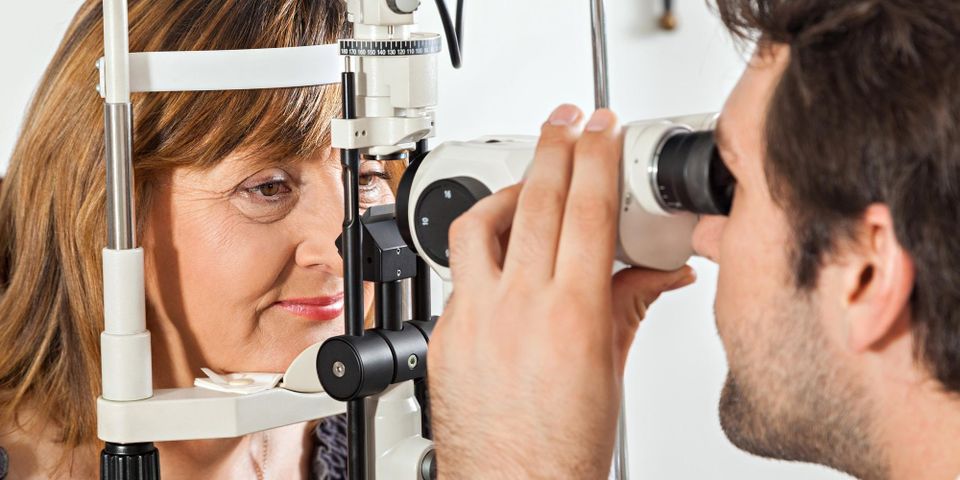
Your eye contains a lens just behind the iris that focuses light for your eye to process. When something clouds or obstructs this lens, it blocks some of the light coming in, resulting in cataracts. Understanding more about this condition will help you determine when to visit an optometrist. To help you care for your vision, here’s a guide to some of the questions people often have about cataracts.
FAQ on Cataracts
What are they?
They are cloudy areas on the surface of the eye. They affect the sharpness of your vision, causing blurring and sometimes tinting of the image you see. They can be present in just one eye or both, and can worsen over time.
What causes them?
 The lens of your eye is made of water and protein. When the arrangement of the protein molecules changes, it can turn the clear substance of the lens opaque. This happens naturally with age, but can be accelerated by factors like eye injuries, smoking, and diabetes. Some babies are also born with congenital cataracts.
The lens of your eye is made of water and protein. When the arrangement of the protein molecules changes, it can turn the clear substance of the lens opaque. This happens naturally with age, but can be accelerated by factors like eye injuries, smoking, and diabetes. Some babies are also born with congenital cataracts.
How are they treated?
They may stop progressing, but never go away on their own. An optometrist may recommend eyeglasses or corrective contact lenses to help you see better if you have cataracts. If the condition is interfering with your daily life, a doctor may also perform a surgery to remove it.
How does cataract surgery work?
During surgery, the front portion of your eye’s natural lens is removed and replaced with a transparent, artificial implant. Not only will this clear away the fog of a cataract, but this intraocular lens (IOL) will also correct your vision to 20/20 and may eliminate your need for glasses.
If you believe you have cataracts, schedule an appointment with Medical Eye Associates, S.C. They have four convenient locations in Waukesha, Mukwonago, Oconomowoc, and Wauwatosa, WI, and have been providing the community with vision care for over 80 years. They offer everything from glasses to LASIK surgery. Learn more about cataracts on their website or call (262) 547-3352 to schedule an appointment.
About the Business
Have a question? Ask the experts!
Send your question

